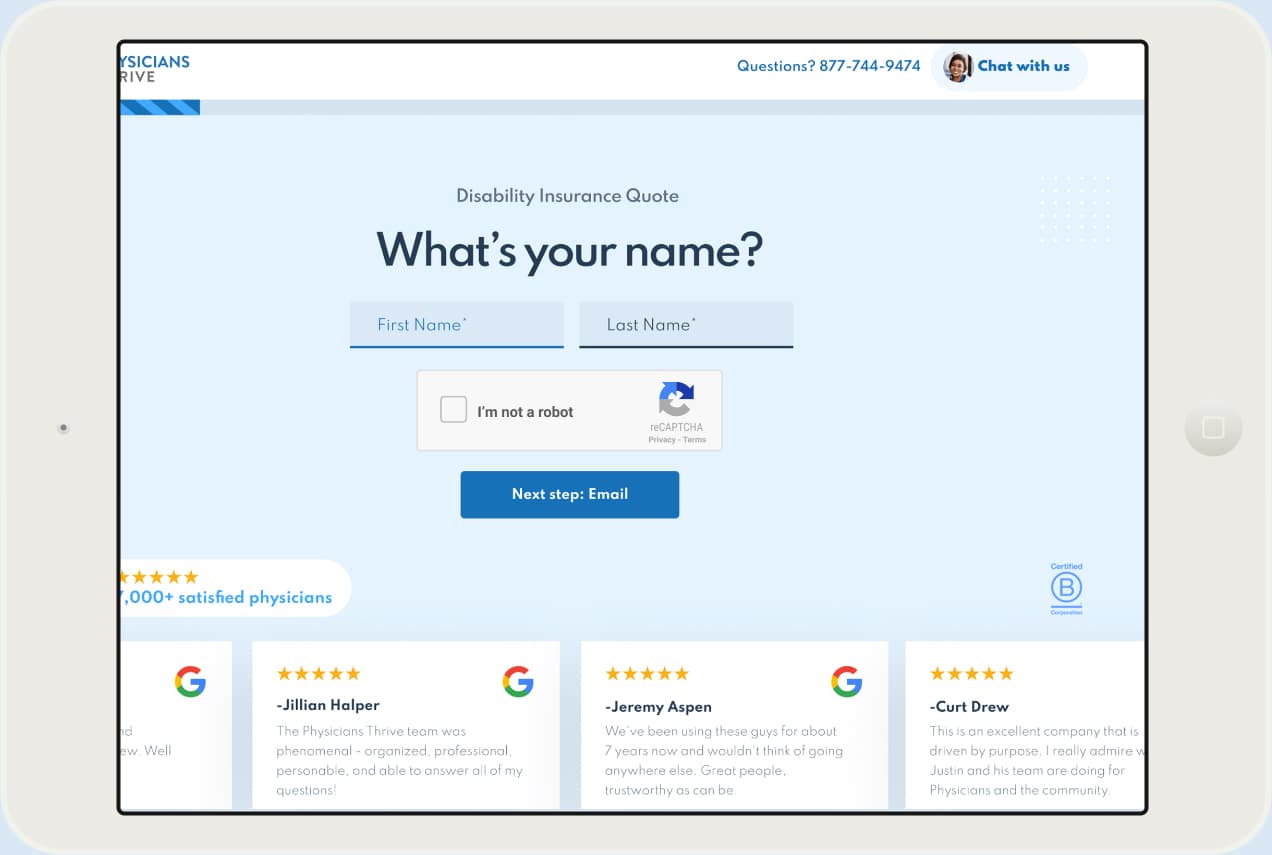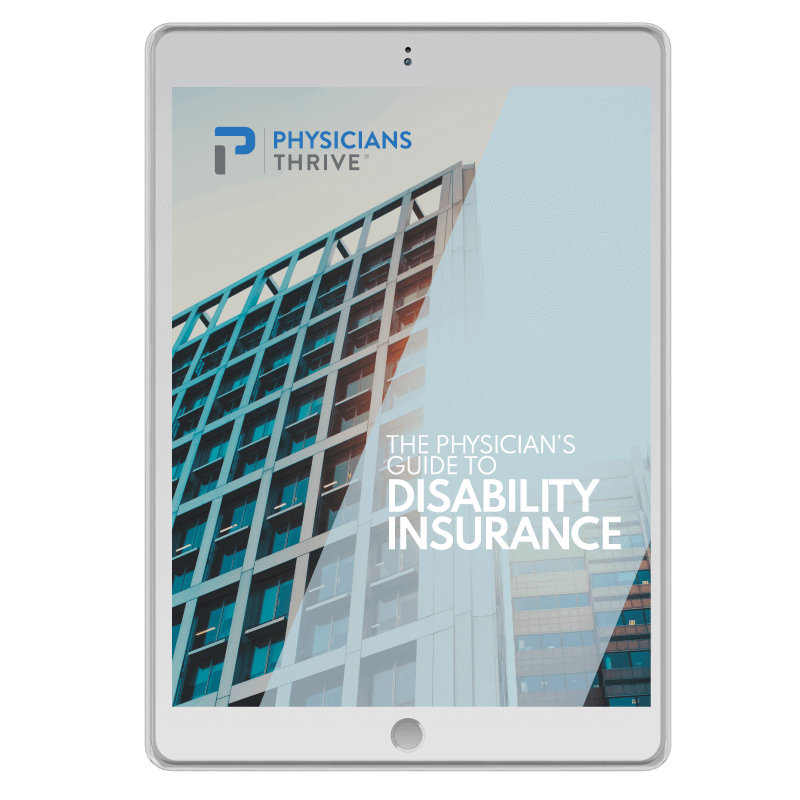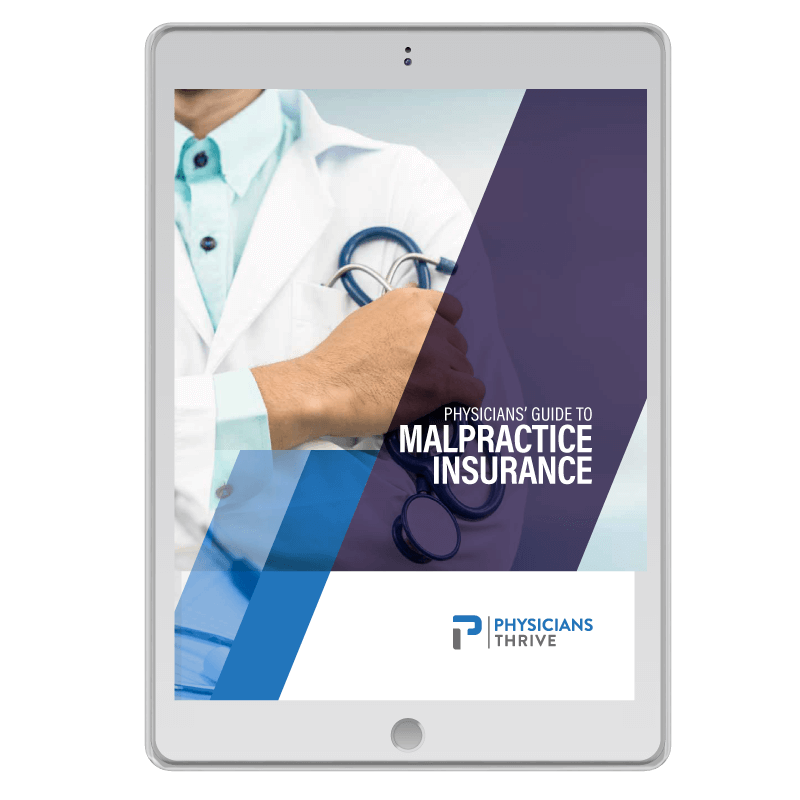
What We Offer
Physicians Thrive empowers physicians to achieve their personal, professional, and financial goals.
With over 25,000 doctors served nationwide, we provide comprehensive support at every career stage.
Whether you need help with contract review, financial management, insurance, or something else, our tailored solutions help you thrive.
Our team works with you to navigate challenges, seize opportunities, and ensure long-term success.
Physicians Thrive is your trusted partner, guiding you to professional fulfillment, financial security, and peace of mind.
Proven Results
We’ve helped physicians negotiate over $3.6 billion in compensation, delivering an average $40,000 annual salary increase—proof of our ability to provide measurable value.
Focused Solutions
Our services are tailored exclusively for medical professionals, offering state-specific legal expertise and financial strategies that address physicians’ unique challenges effectively.
Peace of Mind
We provide comprehensive support for every decision, from contracts to retirement, ensuring clarity and confidence. With Physicians Thrive, you have a trusted partner in your success.
Top-Rated Programs Trust Our Team
Our team has worked with physicians from the top resident and fellowship programs in the world.

Get Help With…
Popular Services
We support physicians’ career and planning from medical school to retirement.

1
Submit a form
When you submit the form, we’ll connect you with a member of our team right away

Frequently Asked Questions
Our Resources and eBooks
A Wealth of Knowledge
Browse More by

2024 Physician Compensation Report
Get a leg up on your competition by learning how your salary compares to your colleagues.
Download the eBook![How Much Do Doctors Make? Data & Analysis [2024 Update]](https://physiciansthrive.com/wp-content/themes/generatepress_child/assets/image/default-thumbnail.svg)
How Much Do Doctors Make? Data & Analysis [2024 Update]
Practicing medicine isn’t just about saving lives—it’s also about earning fair compensation for your expertise. Unde…
Read The Article










































